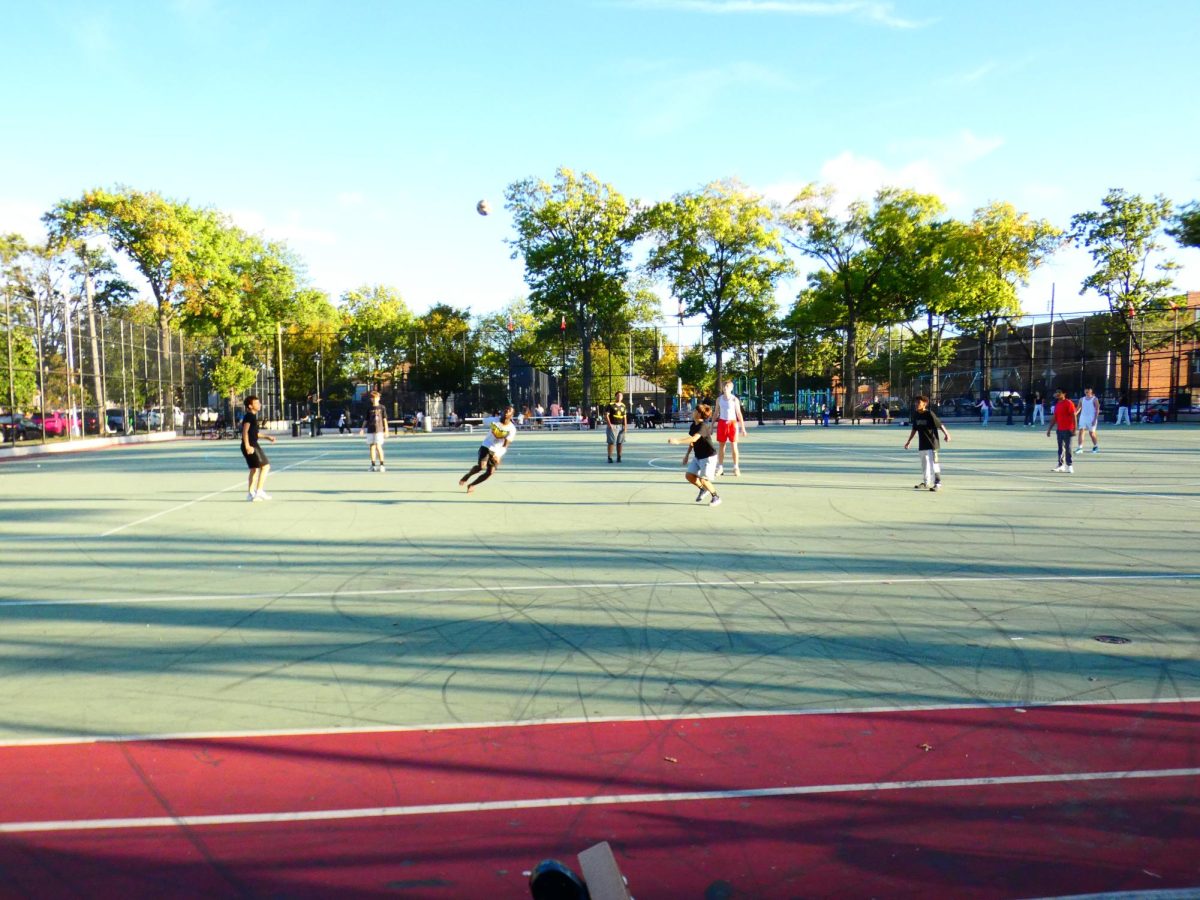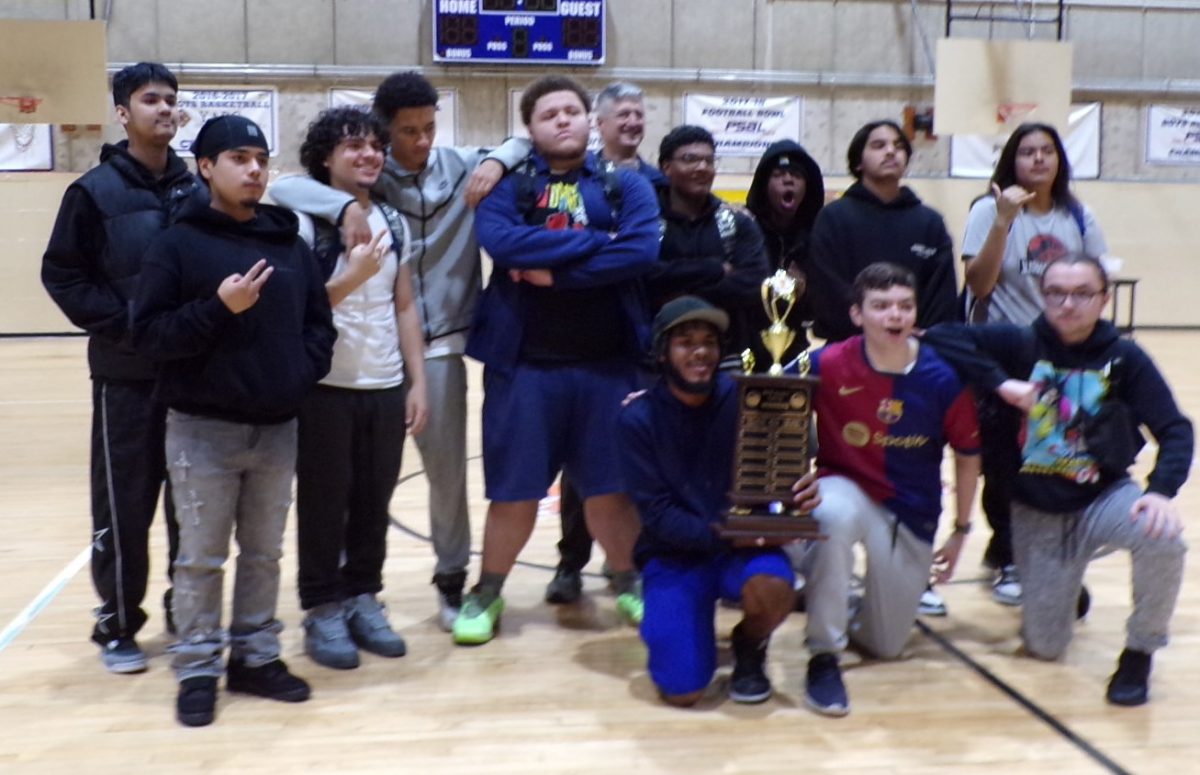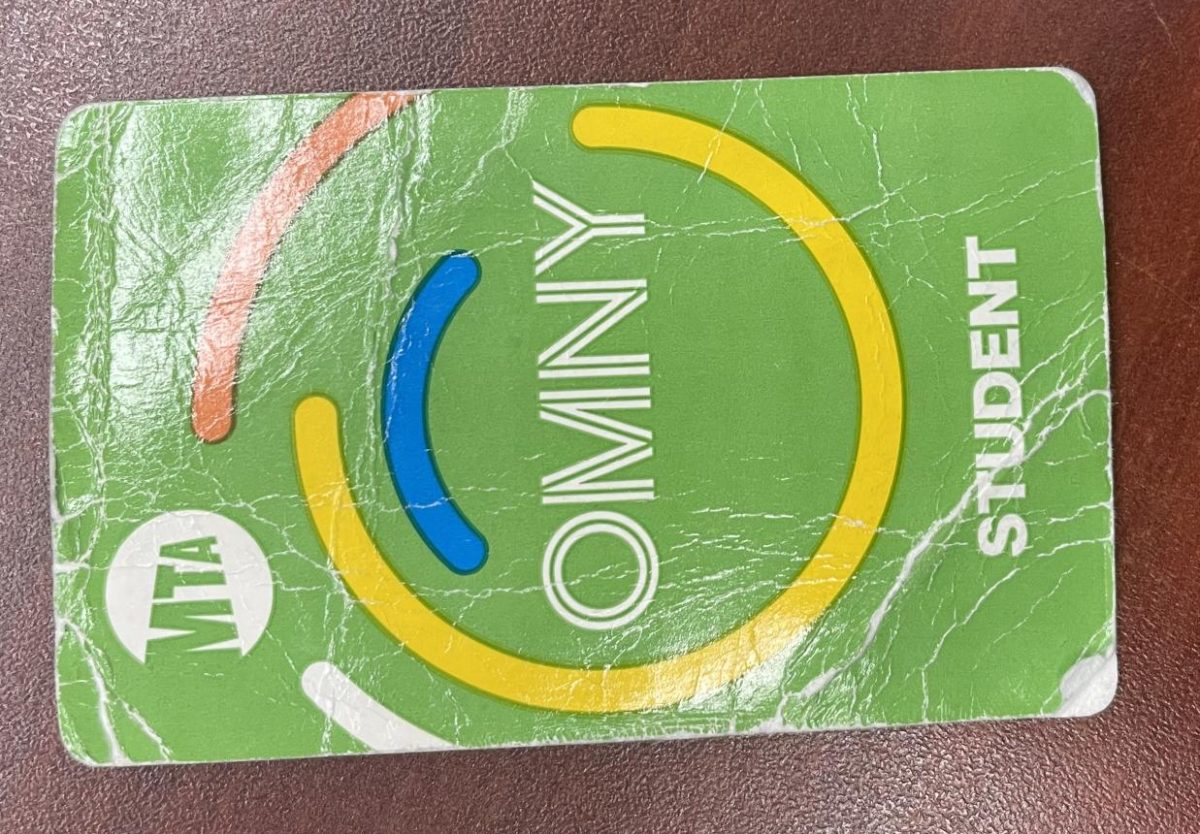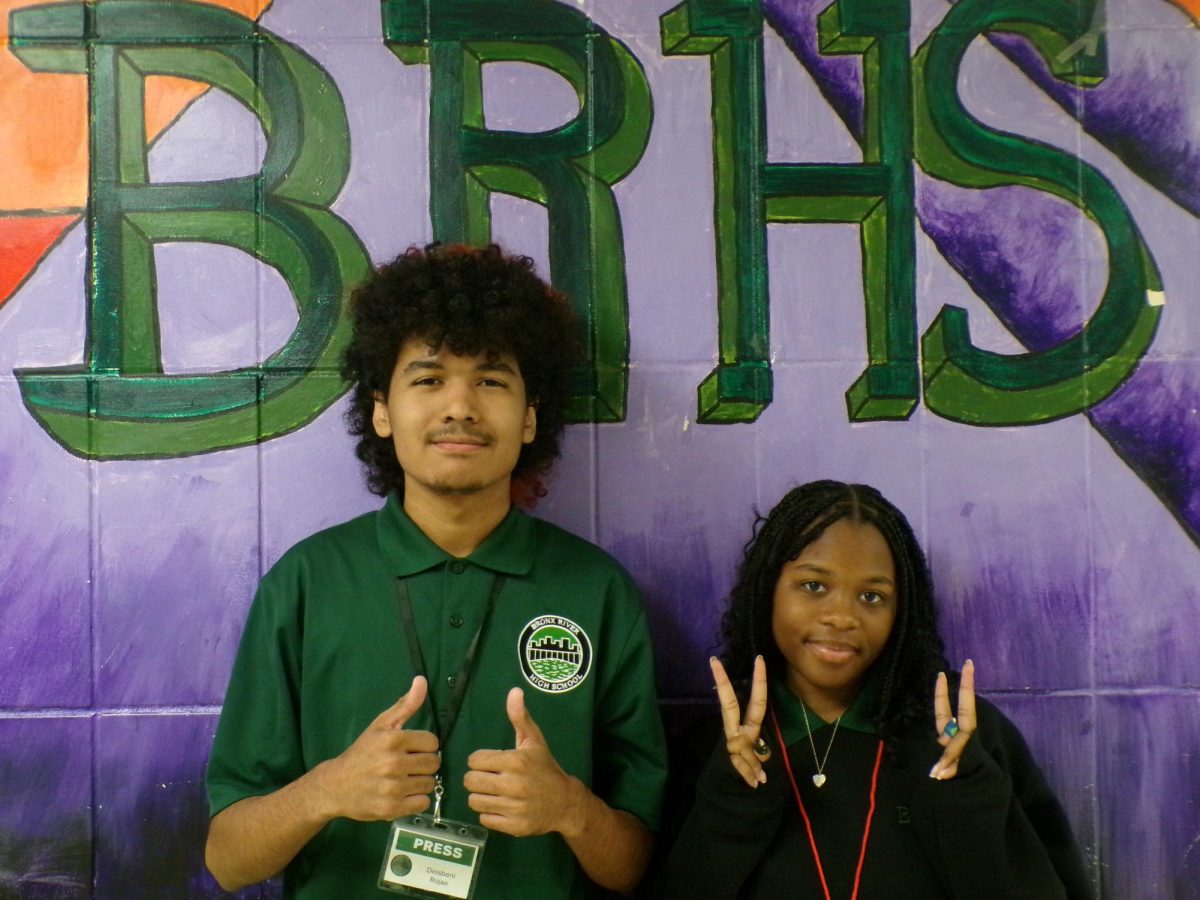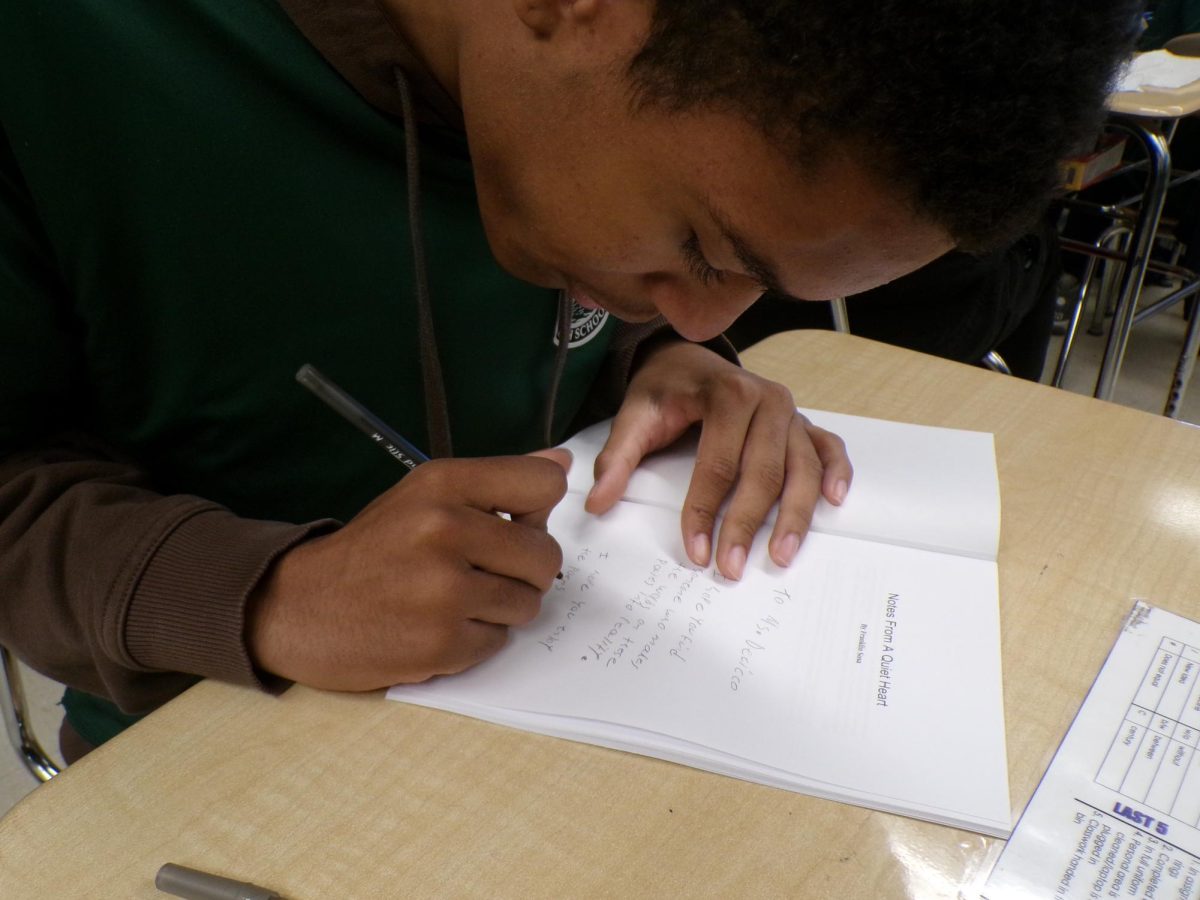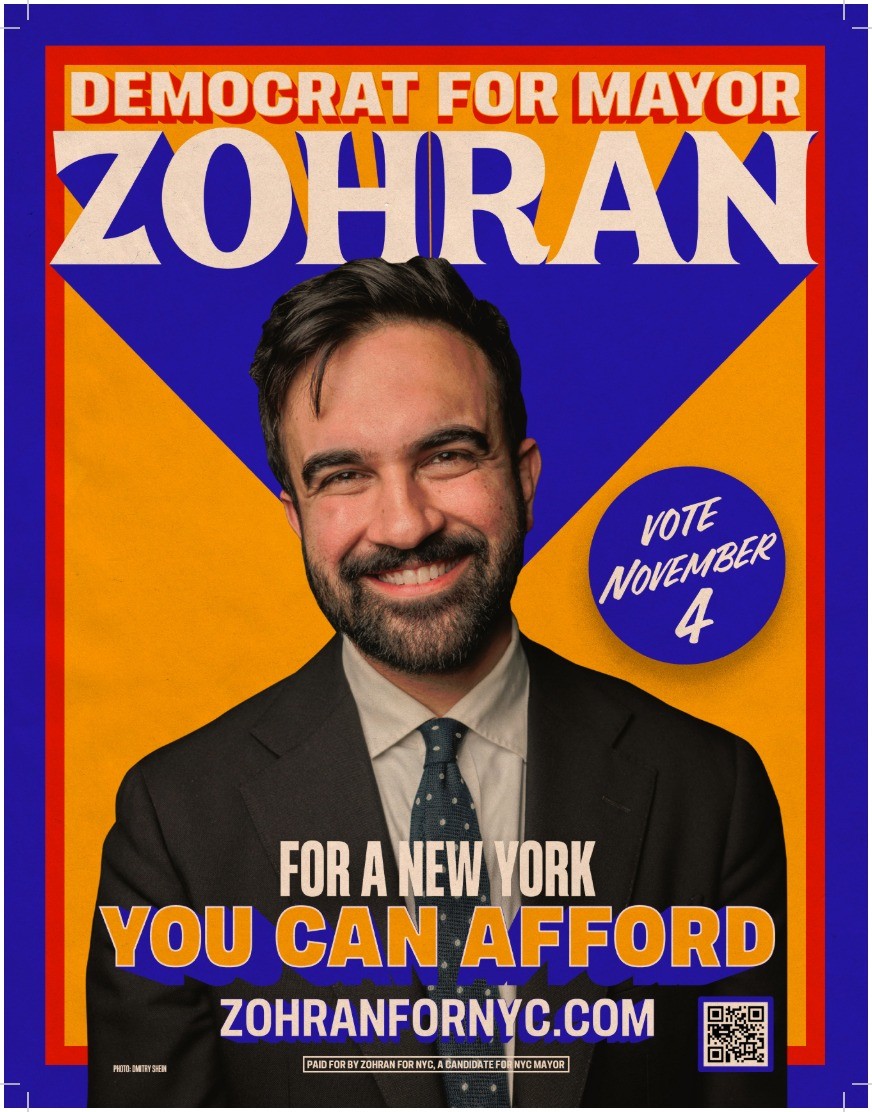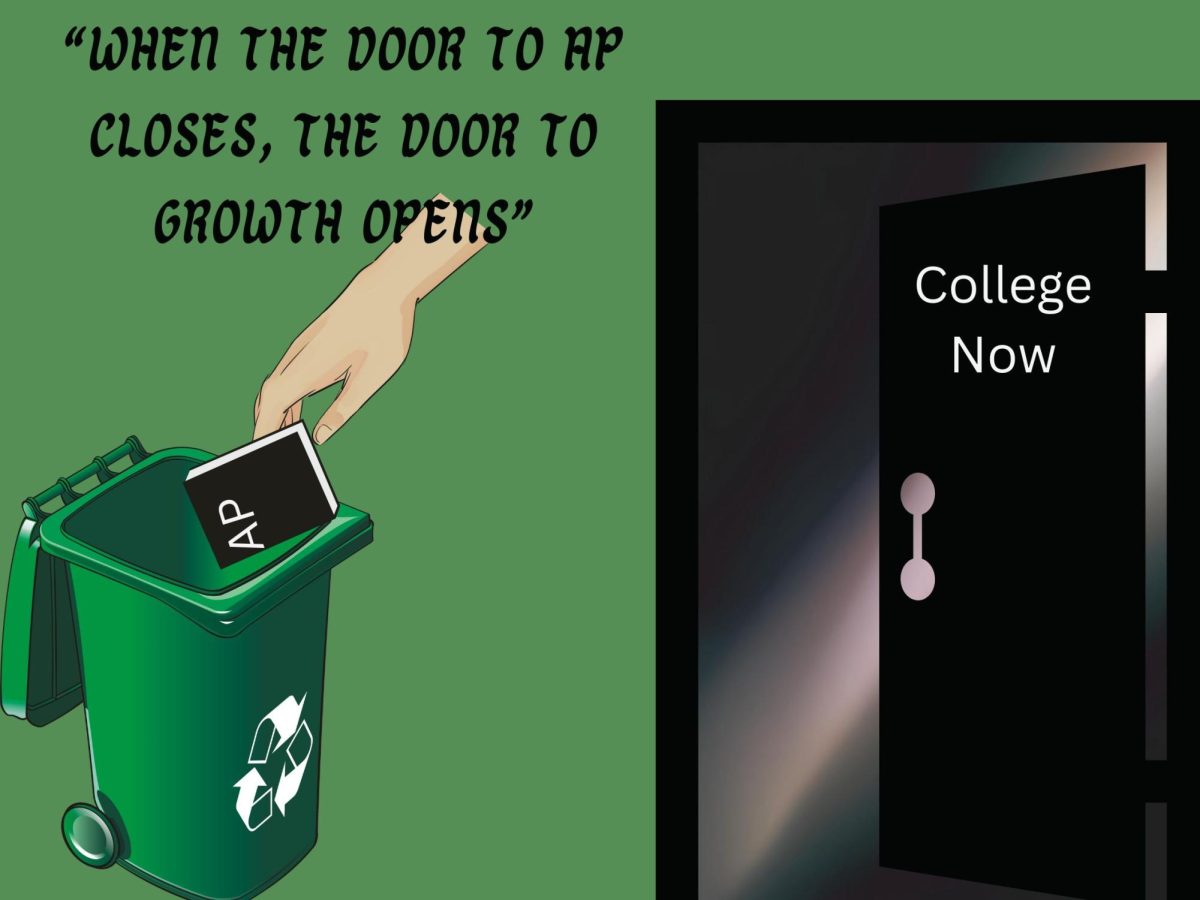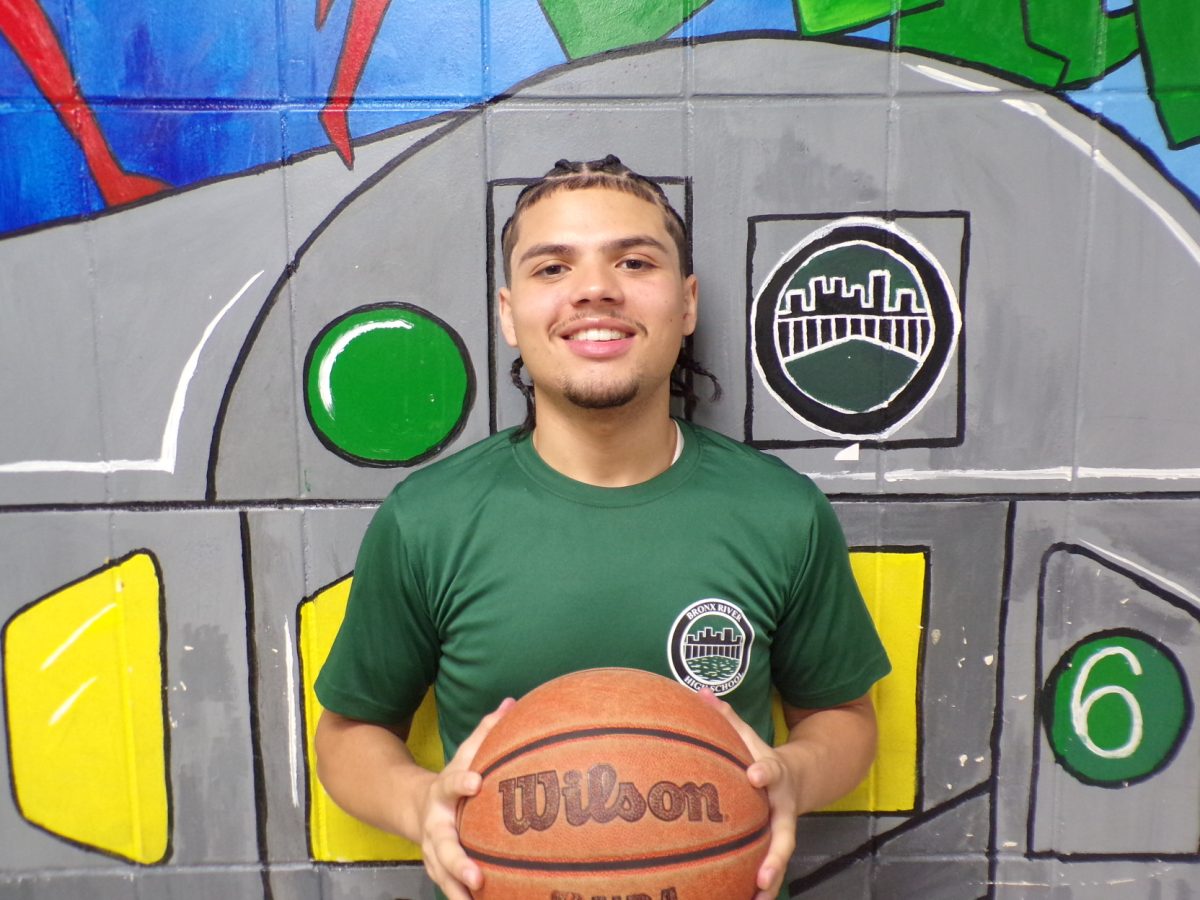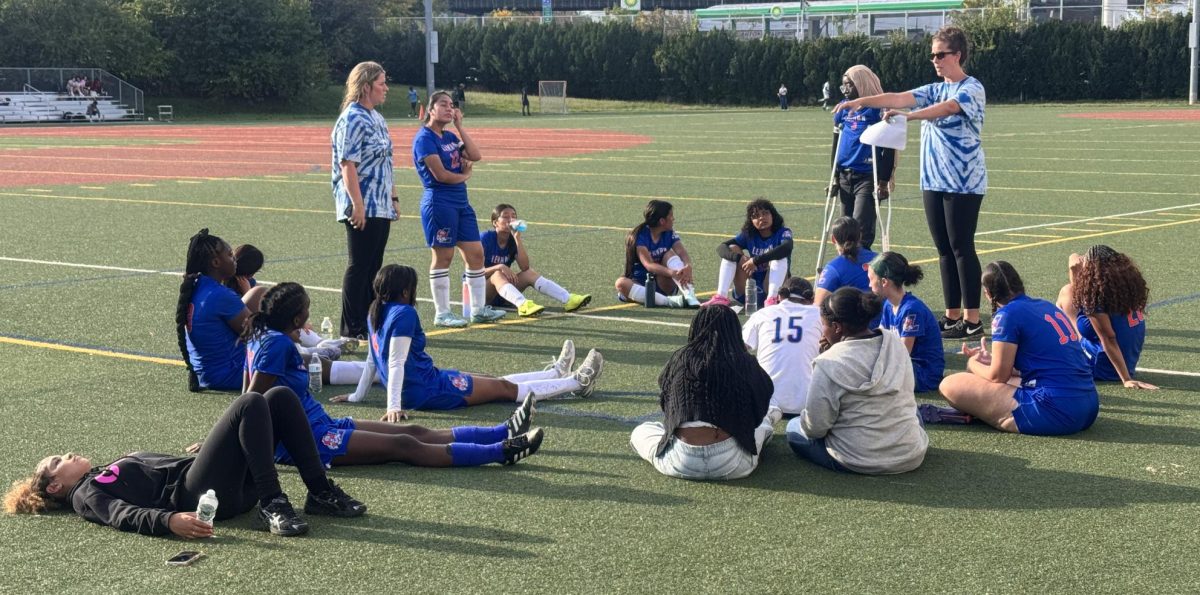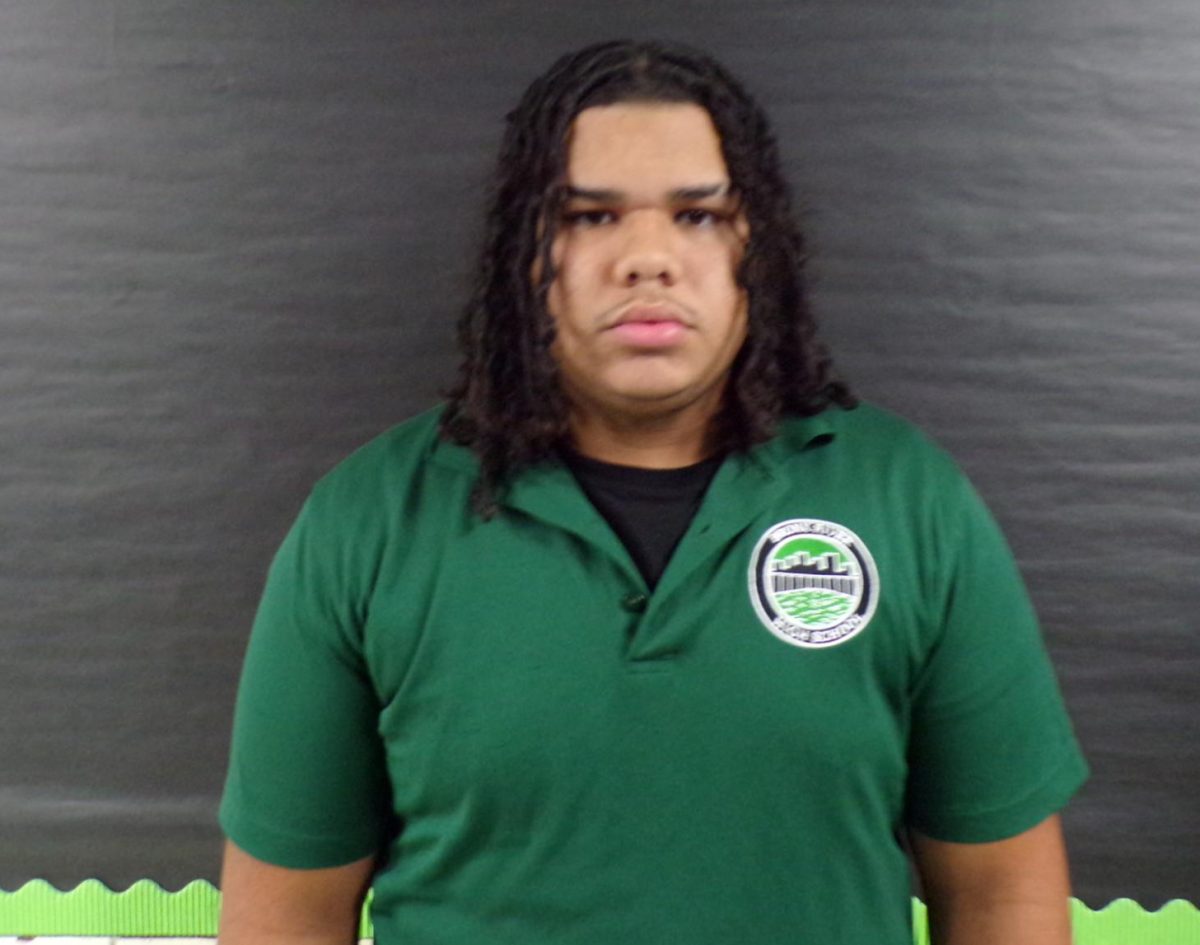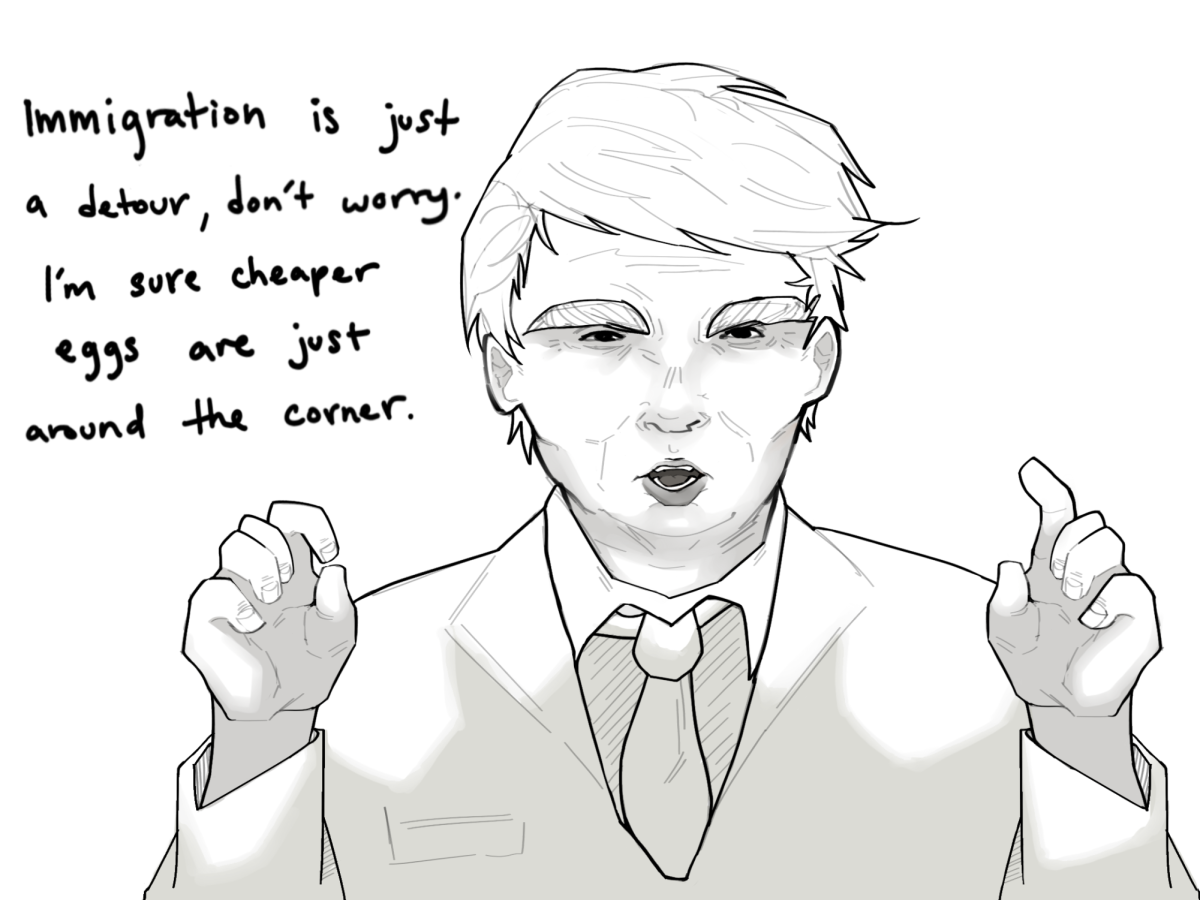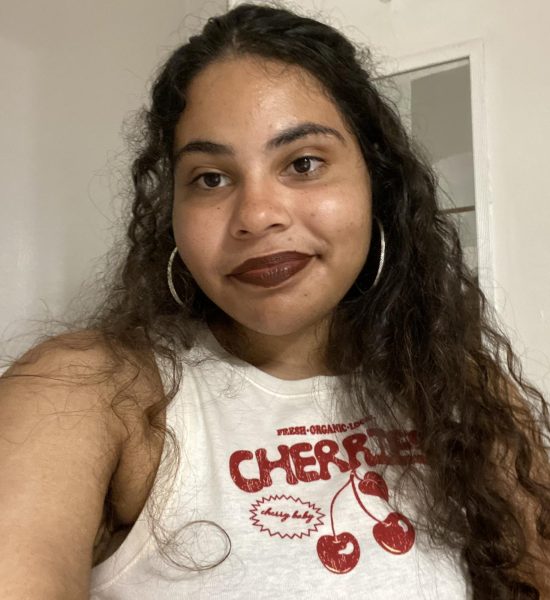As I scrolled through Instagram’s explore page, not searching for anything in particular, I opened a comment section of a video of a young woman showing several outfits she put together. Some comments were positive: “Omg I love your outfit, it’s so cute.” or “You’re so pretty!” Others comments, including some about the person’s weight, were negative. Another video involved a protest about a Palestine conflict outside of a local Starbucks. One person’s comment focused on potentially hurting the protestors.
Although Social Media can provide positive exchanges, too often the comments turn cruel and hateful. And people who make these comments can’t get away with saying they are only joking and their comments don’t matter. Because commenters who spew hate on the internet are nothing more than cyber bullies.

From my time spent on different social media sites, I’ve seen a plethora of positive and negative comments. However, the social media site known as Instagram seems to attract the most hateful comments. These comments often focus on racism, homophobia, pedophilia, fatphobia and violence. No matter the type of content that is displayed on someone’s page, it does not warrant those types of responses.
Jason Maass, the campus manager in charge of school safety, said statistics show that bullies face a tough future: 6 out of 10 bullies in middle school are convicted of crimes by the time they turn 24.
The development of social media websites given bullies new ways to intimidate. Known as cyberbullying, bullies use social media sites to target and harass people. Cyberbullying is a major form of bullying that is often dismissed, even though the main targets are often young impressionable individuals. And if someone spends an extended period of time scrolling through social media, the comments can quickly alter a young person’s perception outside of the screen.

Mr. Maass, who often handles campus issues stemming from cyberbullying, says that the internet can become an unsafe environment for anyone, which can take a toll on a person’s mental health. Cyberbullying can lead to anxiety, depression and even suicidal thoughts.
To better deal with social Media, Mr. Maass says students need to learn to leave without it, filter comments, filter pages and confide in trustworthy individuals.
Even NYC’s mayor, Eric Adams, has taken on the fight against social media, calling it a threat to teen mental health. “Companies like TikTok, YouTube, Facebook are fueling a mental health crisis by designing their platform with addictive and dangerous features,” he said during a recent press conference.
So what can we do? As a teenager myself, I believe that we spend too much time on social media websites because they can provide a sense of comfort and validation. But these sites also can quickly become toxic. To maintain your mental health, try stepping away from social media sites or at least reduce the time you spend on them. Doing so will reduce your dependency on social media and might give you time to interact with real people in the real world.

